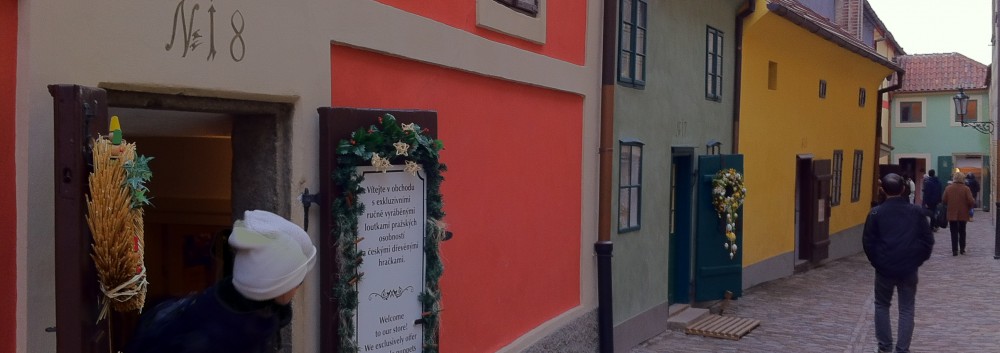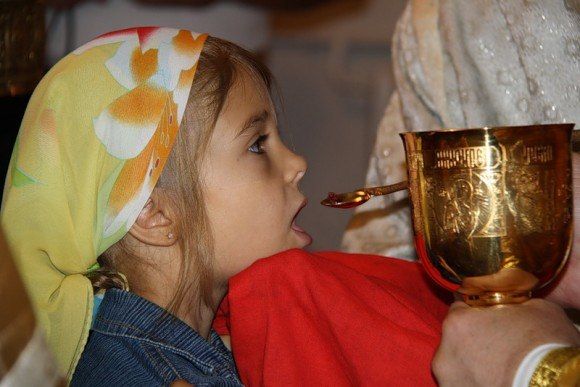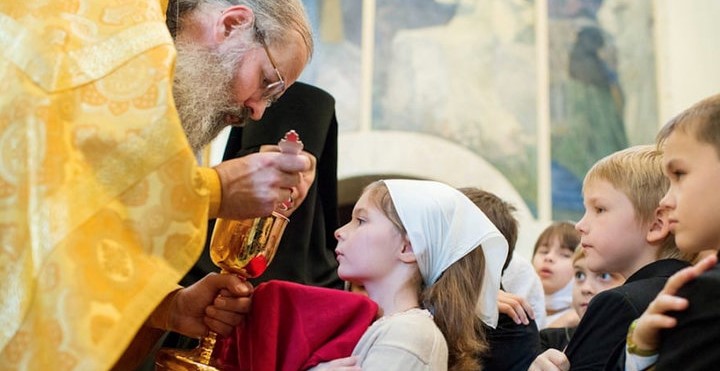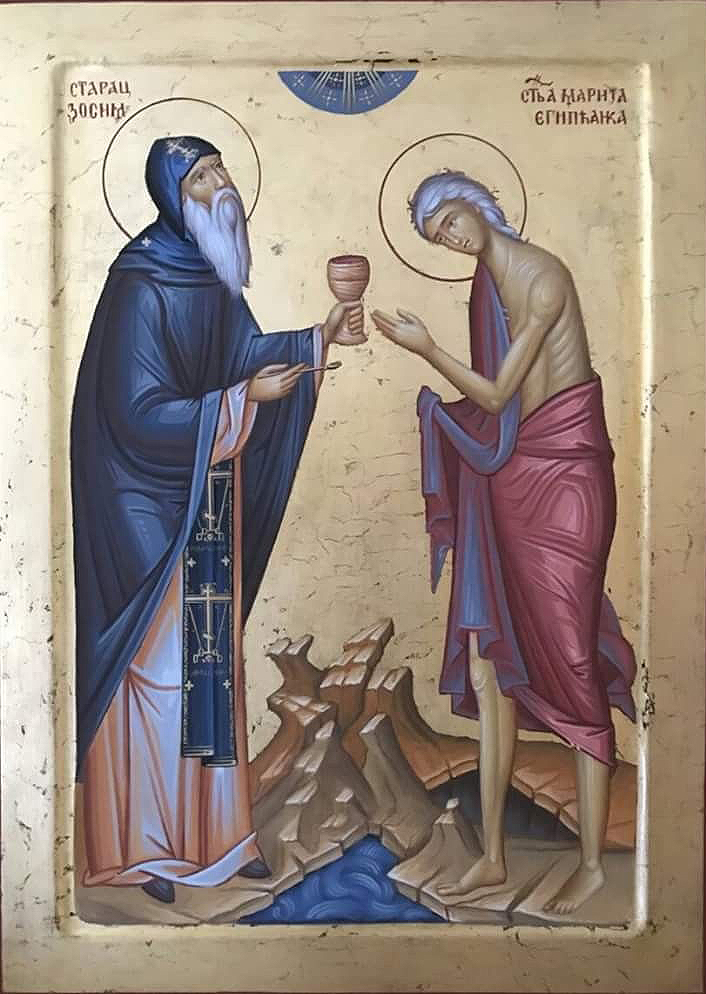Were you a slave when you became a Christian? Don’t worry about it…. For the slave who is called by the Lord is a freed person of the Lord’s; similarly, the freed person who becomes a Christian is a slave of Christ. You have been bought and paid for; do not become slaves of human beings. Brothers and sisters, let each remain with God in that situation in which he or she was converted. (1 Cor. 7:21-24)
St. Paul is eager to maintain a stable society. He does not want the Christians of Corinth to become known as anarchists and revolutionaries. He wants them to remain as they were when they were converted: married or single, slave or free. It doesn’t matter if the spouse of the convert is also a convert or not. Don’t upset the relationship unless the non-believer insists on getting a divorce. Slaves shouldn’t run away, using their new religion as an excuse. (Theodoret of Cyr said the same thing.)
St. Paul doesn’t want the Christians to deny their ethnic identities: Jewish (i.e. circumcised) or non-Jews (the uncircumcised). Were you circumcised as a child? Don’t boast about it now. Were you uncircumcised when you converted? Don’t get circumcised now, he tells the men in the parish.
Confronting the perennial issue of a community marked by distinctions of social status, St. Paul makes a paradoxical statement on Christian freedom: the slave is really free and the free person is really a slave. The free person who is a slave of Christ reflects the fact that anyone called “lord” in the first century AD had slaves but the title “Christ” evokes the Crucifixion, a form of execution reserved for the most abject slaves.
Slavery in Greece and Rome was very different from slavery in the Americas. In Greece and Rome, it was expected that a slave could earn or buy their freedom after 20 years. Such former slaves were known as “freed persons” and were expected to owe their former masters certain social obligations for another 3-20 years, depending on their agreement. (In first century Corinth, nearly 2/3 of the residents were probably either slaves or “freed persons.” )
It is important in this passage to understand “calling” is two things at once. “Calling” is not a personal vocation but is rather the life situation in which a person finds themselves. “Calling” is also the committed life of a Christian believer. Christians were bought and paid for by the blood of Christ. “The powers of the evil one are trying to render this price useless to us,” said St. Basil the Great. “They try to lead us back into slavery even after we are free.”
Read more about the fascinating social situation of slavery in first-century Corinth in Sacra Pagina: First Corinthians by Raymond F. Collins.



